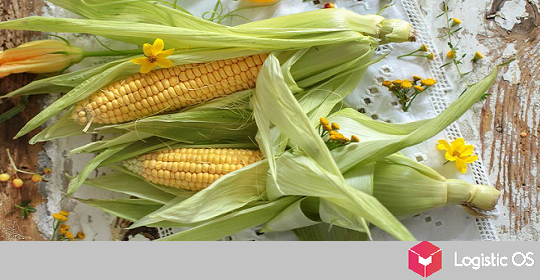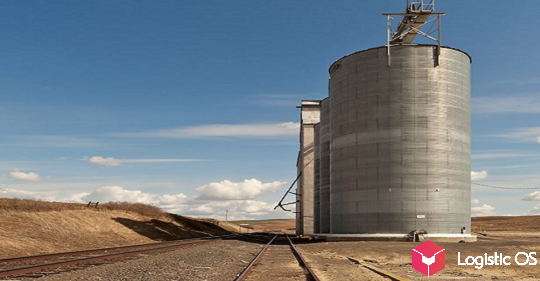The restriction on the maximum price of a kilogram of sugar in retail chains will soon end.
The government is planning other measures to keep prices from exploding.
In the last year, the situation with the price of sugar has been difficult. One of the main reasons is the poor harvest of sugar beet last season: 32.4 million tons.
For comparison:
2015 — 39 million tons.
2016 — 51 million
2017 — 52 million
2018 — 42 million
2019 — 50 million
This year the Ministry of Agriculture plans to harvest 40 million tons of beets and produce 6 million tons of sugar.
However, this is not the volume of «injections» that would create an excess of supply and bring down the price, since this is far from a record level. And he is still only in the plans.
Is the fixed price agreement coming to an end?
It seems so.
One of the measures to prevent price increases that are used today is an agreement between producers and retailers on the maximum price of sugar.
According to him, a kilogram of white sugar in bulk cannot cost more than 36 rubles per kilogram, in retail — 46 rubles.
The agreement was concluded in December last year until the end of March, then extended until June 1.
But there are no plans to extend it anymore. After all, this is a measure of artificial containment, and if the price is not allowed to grow for a long time, then it will then “shoot” so that it will not seem a little.
So now the government plans to pursue the same goals in other ways.
What will hold back the rise in sugar prices?

First, , it is planned to create an intervention fund to regulate the sugar exchange rate in much the same way as the Central Bank controls the ruble exchange rate.
Secondly , invite producers to sell sugar primarily to retail chains.
And thirdly — to start active sugar import.
According to the decision of the Eurasian Commission, Russia this year, from May 15 to September 30, will be able to import 350 thousand tons of sugar without levying import duties (currently it is $ 340 per ton).
At the same time, experts advise against getting too hopeful. There are a number of reasons.
— 350 thousand tons — a small volume (compared, for example, with 6 million, which are planned to be produced independently).
— Not sure that the quota will be selected. To date, only companies with state participation of at least 50% can be importers. And only OZK meets such conditions.
— Imported sugar won’t be cheap.
“It will be very expensive due to high prices on the world market and undeveloped logistics of white sugar,” noted Evgeny Ivanov, a leading expert at the Institute for Agricultural Market Studies (IKAR).
Therefore, in the near future, one should expect not a decrease, but rather an increase in sugar prices. After all, the fixed price agreement only has a couple of weeks to live.

